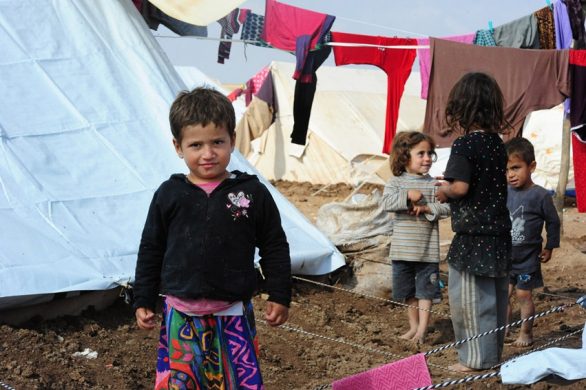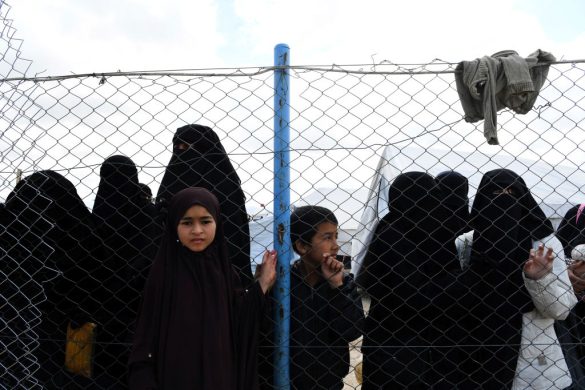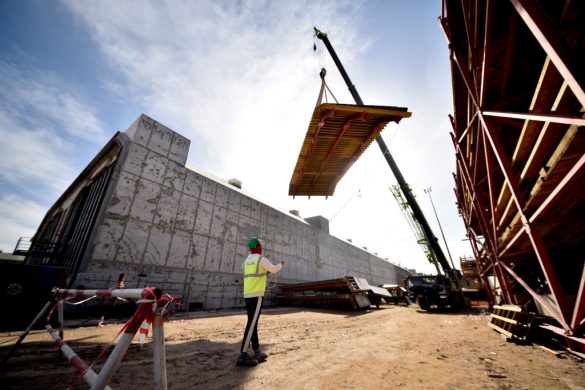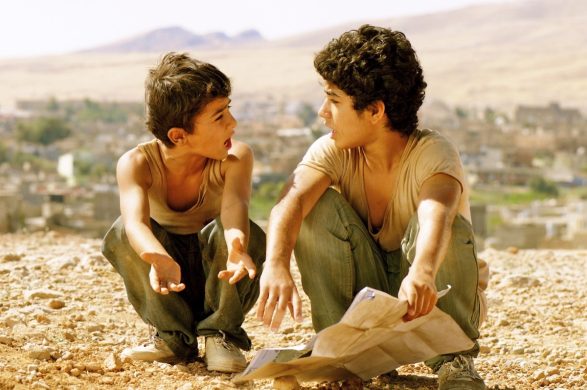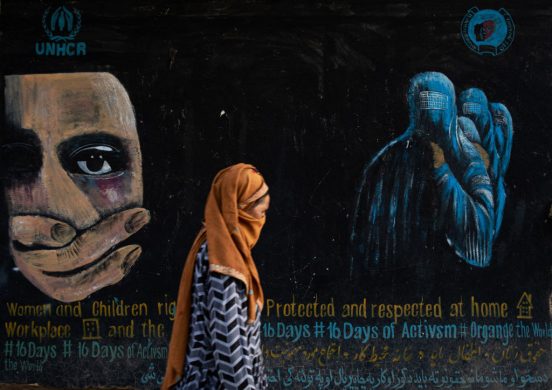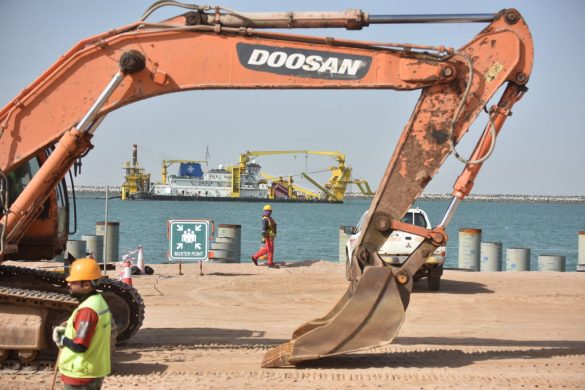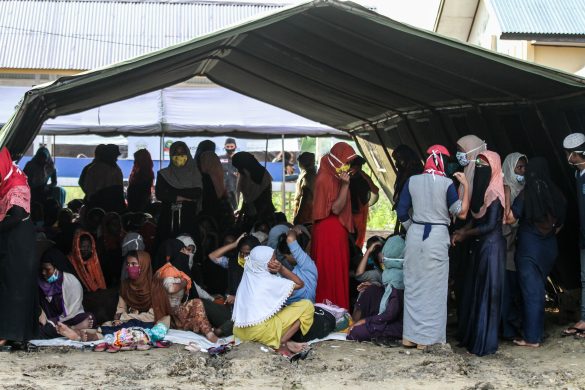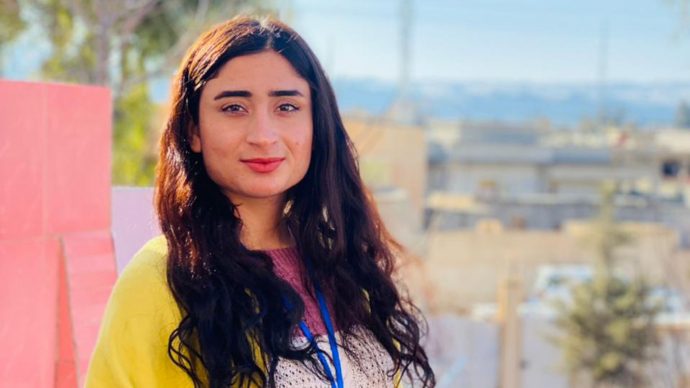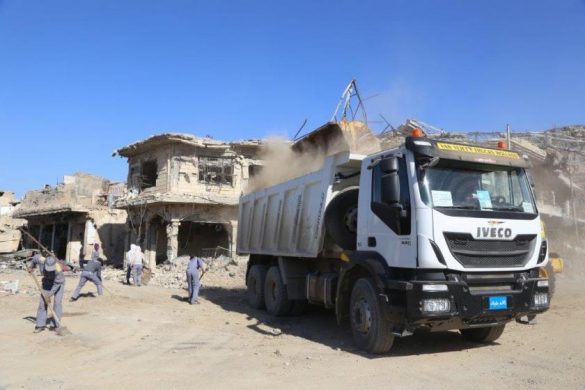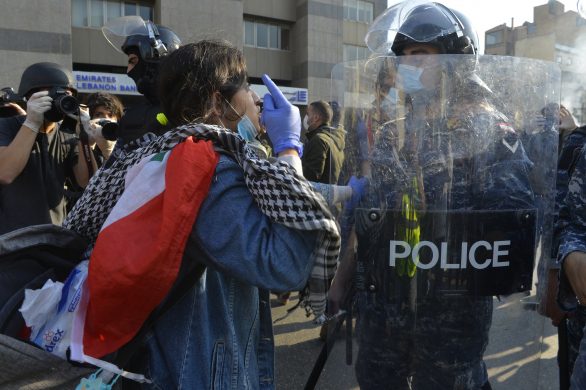Briefing the 15-nation body, the Special Representative of the Secretary-General for Iraq, Jan Kubiš, said the liberation and holding of Beiji, Sinjar, and most of all Ramadi, and continuing clearance of the surrounding areas from ISIL fighters, have instilled the people of Iraq with hope that the country can and will be liberated from ISIL.
The success also demonstrates the increasingly resolute and effective support to Iraq of the global coalition to counter ISIL and provides lessons for preparations to liberate the remaining territories, most notably of Mosul, he said.
Long-existing problems
Pointing to an absence of political consensus, Mr. Kubiš said the stability, security and unity of Iraq hinge on an effective and inclusive political system and equality in decision-making at the federal and local levels.
Tangible solutions must include amendments to or adoption of priority legislation, followed by swift implementation, such as the Accountability and Justice Law, the National Guard Law and the General Amnesty Law.
Full and equal participation of the Sunni component in, and its co-ownership of, the national reconciliation programme is still a challenge, he said.
The absence of a single framework or vision for national reconciliation in Iraq is both symptomatic of long-existing problems and further impedes efforts to advance inclusive national and community dialogue and historic compromise.
Efforts by Sunni political forces and their leaders to unify their stance on national reconciliation, effective federalisation and decentralisation, and how to more successfully counter ISIL are equally necessary, he added.
The UN Assistance Mission for Iraq (UNAMI), which Mr. Kubiš heads, organized a series of events earlier this month to mark World Interfaith Harmony Week in Najaf, Baghdad and Erbil. The events promoted dialogue on preventative steps to address drivers of violent extremism, in consonance with the United Nations Plan of Action to Prevent Violent Extremism.
Returning home
Turning to the safe return of the internally displaced persons (IDPs), he emphasized that the stabilization phase of Tikrit is almost complete, with 90 per cent of its population, or 167,000 people, have now returned home.
So far, more than 500,000 displaced Iraqis have returned to their home communities. The Government intends that up to 900,000 will return in 2016, despite several complicated factors, such as a huge number of improvised explosive devices (IEDs) laid by ISIL, as well as devastating destruction to infrastructure and homes.
Economic troubles
If left unaddressed, such an unsustainable situation may seriously undermine the renewed morale of pro-government forces and confidence of the people, including youths, communities, minorities and IDPs that they can have a future in Iraq, he added.
Complex humanitarian crisis
On the human rights front, Mr. Kubiš supported the calls of the Human Rights Council, the High Commissioner for Human Rights, and the Special Advisor to the Secretary-General on the Prevention of Genocide, that Iraq should consider becoming a Party to the Rome Statute of the International Criminal Court and to the Additional Protocol II to the Geneva Conventions 1949, and that the Iraqi criminal code be amended to grant Iraqi courts the jurisdiction to deal with international crimes.
The humanitarian crisis in Iraq is highly complex, and is expected to widen and worsen this year.

